As a landlord, it’s important to consider a number of factors when calculating rent for your rental property. After all, you want to make sure you’re getting the most return on your investment, while also providing fair and reasonable rent for your tenants! Here are some key things to consider when calculating how much to charge:
Location
Location plays a large role in determining how much rent you can charge. Different locations may have different demand levels and associated rental rates. Properties in more desirable locations will usually have higher rental rates than comparable properties in less desirable locations. Take into account the type of neighbourhood, proximity to amenities, and public transportation when setting your rent.
Market Rent
Research comparable units in your area to ensure you’re charging a competitive rate. You don’t want to overcharge and scare off potential tenants, but you also don’t want to undercharge and lose out on potential revenue.
Lease Terms
Keep in mind the length of the lease when determining your rent. You may be able to charge a higher rent if you offer shorter leases, as tenants are often willing to pay more for flexibility. You can use longer lease terms as an incentive for tenants by offering lower rents in exchange for a longer commitment. A longer lease also reduces the time and energy spent on marketing the property and searching for new tenants.
Utilities
It’s important to consider who will be responsible for paying utilities when setting the rent. If the rent includes the cost of utilities, knowing the average utility costs associated with the property can give you an idea of how much rent you will need to charge to cover those costs and still turn a profit to meet your financial goals.
Maintenance Costs
Be sure to factor in any maintenance costs you may incur during the rental period. This includes costs for repairs, landscaping, and other upkeep expenses. Maintenance costs can add up quickly and can have a major impact on the profitability of the rental property. Additionally, maintenance and repairs can be a source of frustration for tenants, so it is important to factor these costs into the rental rate to ensure that tenants receive value for their money.
Taxes
Lastly, don’t forget to take into account any taxes you’ll need to pay for the property. Depending on the city and province, you may be subject to property taxes, rental taxes, or other taxes that will affect your rental income.
By taking all these factors into account, you can ensure that you are charging a fair and competitive rate for your rental property. For more help in managing your rental property, contact GIL Property Management and Sales today for a free consultation!


